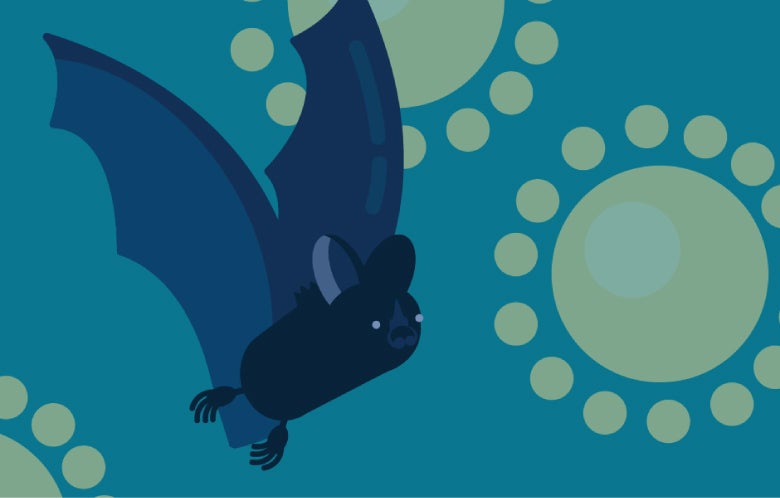As we are witnessing the emergence of another coronavirus, health authorities are working to determine which animal was the original host of the pathogen 2019-nCoV. Bats are, once again, among the prime suspects.
On November 16, 2002, horseshoe bats started the epidemic of SARS – a deadly coronavirus that took 916 lives worldwide. This happened in Foshan City, Guangdong, about 1000km away from Wuhan, the epicenter of the latest outbreak.
Proximity is not a coincidence. Pathogens Tylonycteris HKU4 and Pipistrellus HKU5, linked to the MERS-CoV pandemic, were also initially found in bats in China back in 2006.
Due to the natural distribution of bats within mainland China, and the astonishing diversity of coronaviruses in bats, it is unsurprising we see this type of infection originate from this locale. The latest research suggests it is highly likely the next coronavirus will cross over to humans in a similar manner and we should devote more time to the investigation of CoVs in bats.
The latest research suggests it is highly likely the next coronavirus will cross over to humans in a similar manner and we should devote more time to the investigation of CoVs in bats.
The latest research suggests it is highly likely the next coronavirus will cross over to humans in a similar manner and we should devote more time to the investigation of CoVs in bats.
Global Infectious Diseases and Epidemiology Network (GIDEON) lists eighteen infectious diseases that are known to be transmitted by bats. Two of these –SARS and MERS – are forms of pneumonia caused by coronaviruses - similar to the agent currently causing havoc in China. Few realize that bats are also a major source for rabies and related infections in the United States, South America, Europe, and even Australia, and also play a role in the transmission of Ebola and Marburg virus diseases in Africa.
Some of these diseases are acquired through the bites of bats, while others follow the ingestion of fruit juices contaminated by the excretions of these animals. In many cases, humans can be infected as easily as by inhaling contaminated air in closed areas. One such disease, histoplasmosis, is commonly acquired while exploring bat caves in Latin America.
The content for this post was created with the use of GIDEON (Global Infectious Disease and Epidemiology Network). GIDEON is the premier global infectious disease database, providing a current, evidence-based resource for diagnosis, treatment and teaching in the fields of tropical and infectious diseases, epidemiology and microbiology.
For additional resources and the most recent epidemiology see the EBSCO COVID-19 Resource Center.



